Imperialism in Aisa and Africa:
The tendency of a powerful country to bring poor and weak countries under its domination with a view to commercially exploiting them is known as colonialism. Its foundation was laid on Mercantilism. In the beginning, Portugal and Spain were at the forefront of the race for colonialism but they laid emphasis on acquiring precious metals- gold and silver and used harsh measures for propagating Christianity so they were soon left behind. In the latter half of the sixteenth and first half of the seventeenth century, England outdid all nations in establishing colonies. The Europeans migrated to America and built colonies there. The establishment of colonies and overseas trade initiated new economic ideas in Europe which aimed at establishing colonies and earning maximum profit from trade with them.
Colonial expansion was slow and peaceful till 1870. The period from 1815 to 1870 is called the period of colonial indifference in history but after it the colonial expansion gathered speed and the age that followed is christened as Neo-imperialism. Besides its old objectives (obtaining raw materials from the colonies and selling finished goods there) the neo-imperialism was inspired by the objectives of extending their political power there and solving the problems caused by the growing population. Thus the aggressive attitude that marked imperialism after 1870 made it neo-imperialism. By the end of the nineteenth century, the European imperial powers brought all the territories that had remained unclaimed for so far under their possession. In this phase, Germany and Italy joined the race for imperialism with great speed. A new fact was that even America and Japan did not remain behind. Another aspect was the quick and peaceful division of the continent of Africa. It was the plunder of Africa. The division of Africa started in the 1870s and Belgium was the first country to initiate it. In the next three decades England, France, Germany, Portugal, Italy, Spain etc. shared Africa among themselves. China also fell a victim to European imperialism. The climax of European imperialism can be seen there. To the surprise of the whole world, a small country like Japan defeated China in 1894-95. Japan emerged as an imperialist power and became a partner in the ‘division of the Chinese melon’.
Imperialism was one of the important causes responsible for World War I. The frenzy of imperialism and inclination for exploitation kept the civilized nations far away from humanity and excited them for war. Besides this, people’s powerful movements against imperialism were raising their heads. Though their independence was still far, the days of imperialism were numbered there. It is another thing that even today independent but weak nations are groaning under the yoke of global economic imperialism.
- Estimate of Alauddin Khilji (1296-1316)
- Social and Religious Reform Movements in Bengal and Elsewhere
- The Khilafat Movement, 1919-1920
- The Non-Cooperation Movement (1920-22)
- Simon Commission, 1927
- The Nehru Report (1928)
- Gandhi-Irwin Pact: March 5, 1931
- NCERT History Books For IAS
- Social Changes in Modern India– NIOS
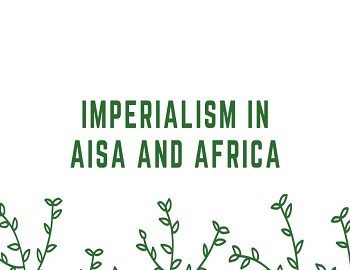
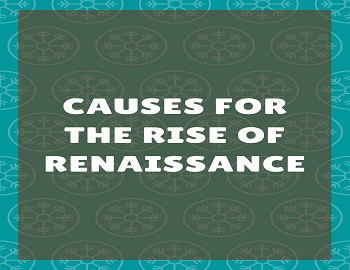

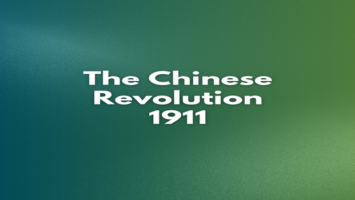



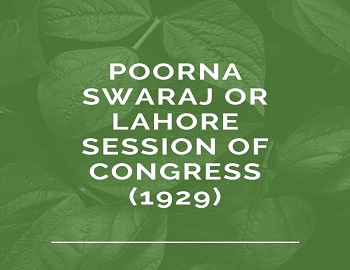
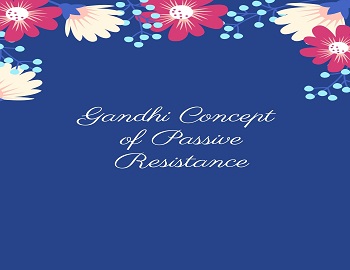
Comments (No)